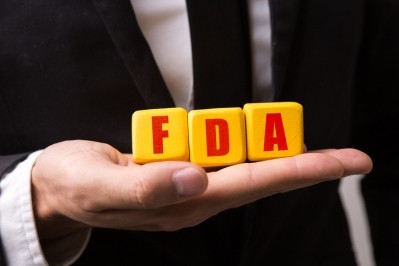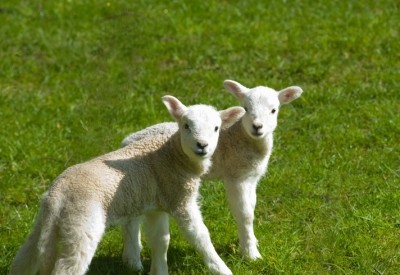HFC: ‘Bureaucratic hurdles strangling the potential of the US hemp industry’

The non-profit organization was reacting to a letter last month from the Association of American Feed Control Officials (AAFCO), among others, calling on US state leaders and lawmakers to support scientific research to ensure the safety of hemp as an animal-feed ingredient prior to any federal or state approval.
In February 2021, HFC submitted the first hemp feed ingredient application utilizing hemp seed meal as a feed ingredient for laying hens, for review by AAFCO and the FDA’s Center for Veterinary Medicine (CVM).
Hemp seed meal is the by-product of the seed after the oil has been extruded and is a highly nutritious protein supplement, said the group. The results of a study supporting the application showed no cannabinoid transference, safety concerns, or impact on the hens or the eggs, it added.
It reported, however, that FDA-CVM sent the application back to organization, requesting that the laboratory analysis be rerun at even lower levels of cannabinoid detection. The HFC said it spent additional time and resources to gather the requested data and the hemp seed meal application is currently under FDA-CVM review for a second time.
“This request for lower levels of detection of compounds that are physiologically not produced in the ingredient is why HFC and the industry at large continues to be frustrated with bureaucratic hurdles strangling the potential of the hemp industry. These feed applications cost roughly $250,000 each, require years to complete, and are specific to the ingredient and the species. At the current rate of approval, it will be millions of dollars and decades before the government allows the hemp industry even an opportunity to compete in the greater feed market.”
The organization said it additionally requested, in December 2021, to be included in AAFCO's Hemp Committee to share the research, data, and expertise it has acquired in the past few years, but was turned down.
“Surprisingly, AAFCO denied this request and followed it with their written release to agricultural leaders and state policymakers. This release paints the industry with an overly broad brush, conflates hemp grain with cannabinoids, and sets back years of progress the industry has made in educating the traditional agricultural world and policymakers about the highly nutritious value grain brings to animal feed and the farm.”
The HFC added that, while it objectively appreciates and respects the current regulatory path to approval for hemp grain as an animal feed, it believes it is crucial that state policymakers understand their ability to move much quicker than the federal government to ensure US farmers have a chance to compete in the national and international feed markets.
Ongoing US hemp feed research
Several universities in the US are currently evaluating the safety and efficacy of hemp and its byproducts.
Researchers from Kansas State University were awarded a $200,000 federal USDA grant to study cannabinoid transference in the meat, milk, and eggs of hemp-fed animal byproducts in cattle feed.
In March 2021, the USDA’s National Institute of Food and Agriculture (NIFA) granted nearly $300,000 to Oregon State University for research into feeding spent hemp biomass to cattle.








